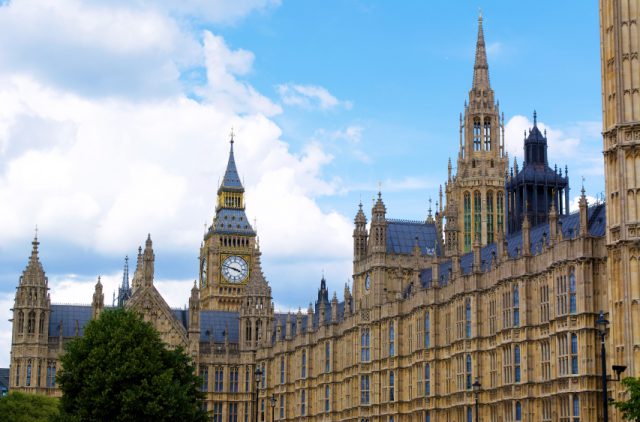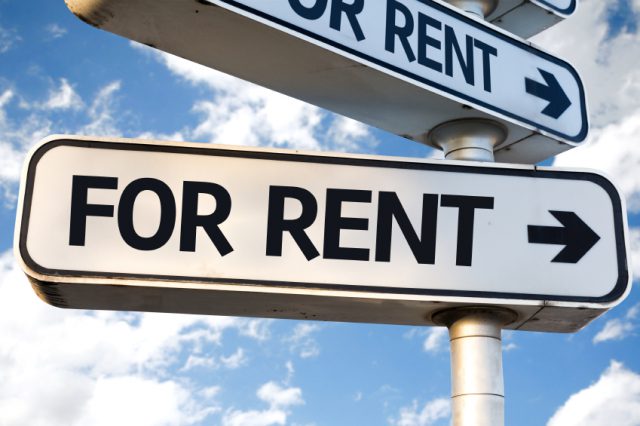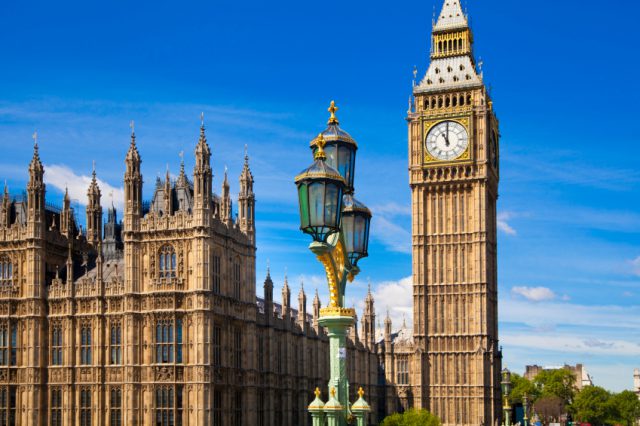Gross Annual Rental Yields Now at 17-Month High
Rental yields are showing resistance to soaring property prices, according to the latest Buy-to-Let Index from Your Move and Reeds Rains.
The gross rental yield on the average rental property in England and Wales was 4.8% in February – unchanged from January. On an annual basis, this is slightly lower than the 5% gross rental yield recorded in February last year.

Gross Annual Rental Yields Now at 17-Month High
Taking into account both rental income and capital growth, a typical landlord in England and Wales has seen total returns of 12.7% over the 12 months to February. This is up from the average 11.7% return for the year to January, representing a 17-month high. The last time that rental yields reached 12.7% was in the 12 months to September 2014.
In absolute terms, the average landlord in England and Wales has made a return of £23,227 in the past year, before any deductions for buy-to-let mortgage payments or property maintenance. Of this sum, the average capital gain accounted for £14,767, while rental income made up £8,460 of the yield.
The Director of Your Move and Reeds Rains, Adrian Gill, explains: “Rising property prices and rising rents are two sides of the same coin. There is not enough supply of housing across the UK to match soaring demand. This is powering a sellers’ purchase market and a landlords’ rental market. Housing costs are rising, and housing wealth is rising – two very different perspectives on the same issue.
“Faced with this dilemma, investment in property is a rational response, and has been proving extremely lucrative for landlords and some homeowners alike. Building more new homes would be an even better response, and where possible is even more profitable. But it is Government inaction preventing more homes being built to fill the gap – just as it is a Government decision to attack those willing to navigate the risk and complexity of property investment.”
He insists: “Until this country builds new homes at the rate needed to match our rising population, property investment and buy-to-let activity will continue to be especially profitable. Even if that never happens, it could take decades of sufficient home building to make up for the decades of undersupply.
“The only caveat is that property investment decisions are becoming more complicated thanks to the plethora of additional regulations and tax changes. These decisions will be harder to make, and the buy-to-let industry will demand a more professional approach to the business of being a landlord. But for those who already own properties, or have the capital to invest, there are opportunities to be found.”1
It is unclear how the market will change after the 3% Stamp Duty surcharge is implemented on 1st April, as it has now been confirmed that large-scale investors will also be hit by the change. Since the start of the year, landlords have been rushing into the market to beat the deadline.
However, research suggests that many investors are now considering leaving the buy-to-let sector.
1 http://www.propertyreporter.co.uk/landlords/gross-annual-rental-yields-hit-17-month-high.html





